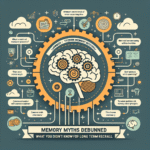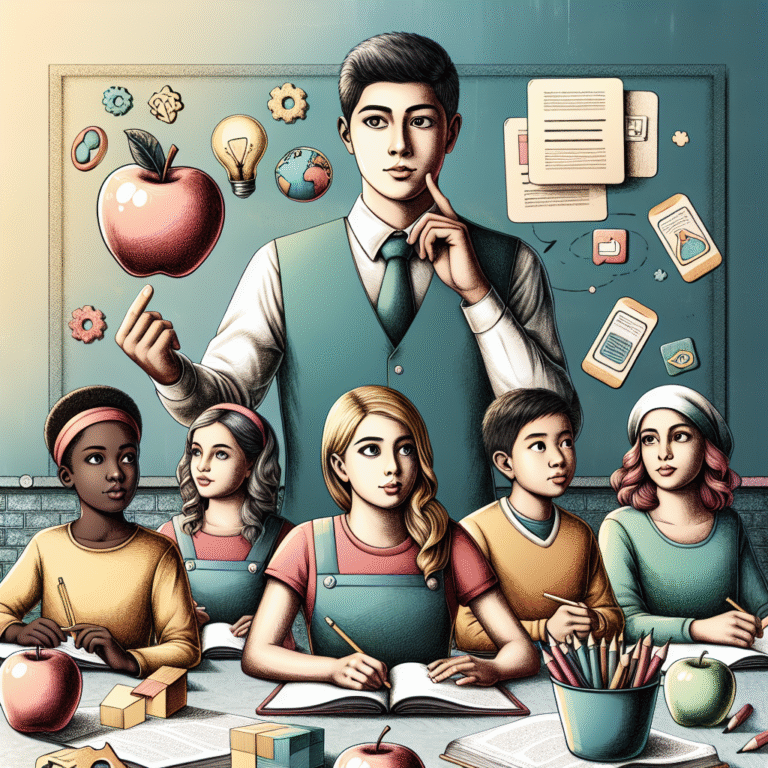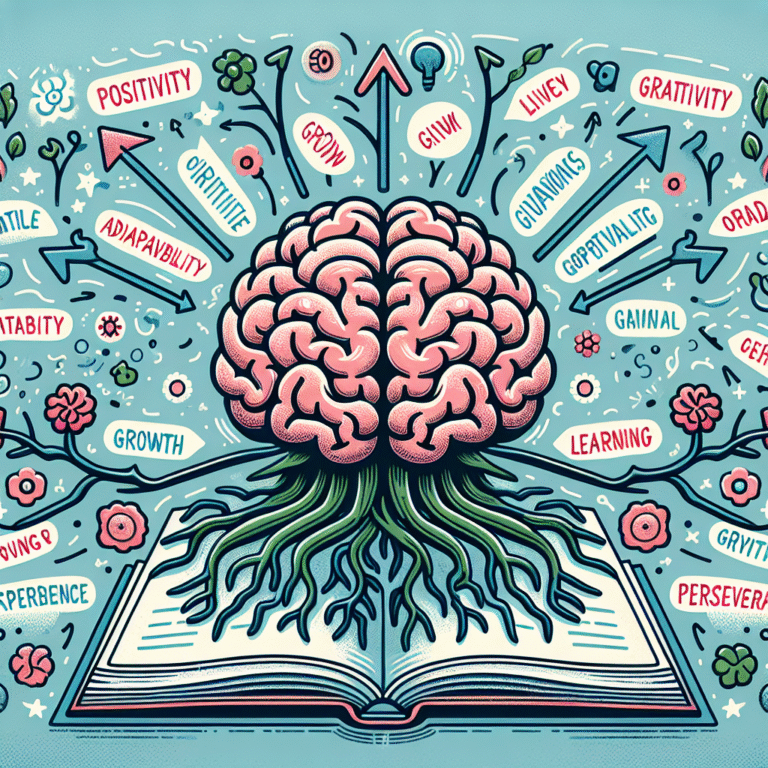
Introduction
In an ever-evolving world, the ability to think critically has never been more essential. Whether navigating the complexities of modern life or delving into academic pursuits, the capability to question, analyze, and derive meaningful insights is the cornerstone of effective learning. The Art of Questioning: Fostering Critical Thinking Through Inquiry-Based Learning serves as a beacon, guiding educators and learners alike towards a more enriching educational experience.
Imagine a classroom where students don’t just passively absorb information but actively engage with it through inquiry. This transformational shift not only enhances understanding but instills a lifelong love for learning. In this article, we will explore how the art of questioning can be cultivated, its significance in fostering critical thinking, and how inquiry-based learning (IBL) makes this process vibrant and dynamic.
The Importance of Questioning
The Catalyst for Curiosity
Questions are the lifeblood of curiosity. They provoke thought, challenge assumptions, and ignite innovation. The Art of Questioning: Fostering Critical Thinking Through Inquiry-Based Learning underscores the significance of cultivating a questioning mindset in students. Thoughtful questions can lead to profound discussions, revealing layers of understanding that might otherwise remain hidden.
Case Study: Project Zero at Harvard University
Project Zero, based at Harvard University, has devoted decades to researching the role of questioning in education. One striking finding is that students who engage in regular questioning show a marked increase in their cognitive skills. By embedding questioning into the curriculum, educators have redefined engagement, transforming passive learners into active participants.
| Key Findings from Project Zero |
|---|
| Improved cognitive skills through active engagement |
| Enhanced creativity and innovation in student projects |
| Greater resilience in problem-solving tasks |
Barriers to Questioning
Despite its importance, questioning often takes a backseat in conventional education. Rigid curricula, standardized testing, and time constraints can stifle the natural inquiry process. Recognizing these barriers is the first step in addressing them. Effective educators must create environments where questions flourish.
Case Study: The Montessori Method
The Montessori Method, founded by Maria Montessori, is an exemplary model of inquiry-based learning. In Montessori classrooms, children learn through exploration and questioning. Educators act as guides rather than authority figures, allowing students to pursue their interests and ask questions freely.
| Montessori vs. Traditional Learning | |
|---|---|
| Student-led inquiry | Teacher-led instruction |
| Learning through exploration | Learning by memorization |
| Individualized learning | One-size-fits-all approach |
Implementing Inquiry-Based Learning
The Framework for IBL
Inquiry-Based Learning is a pedagogical approach that places students’ questions at the forefront of the learning process. By fostering a culture of inquiry, educators can employ various frameworks that enhance The Art of Questioning: Fostering Critical Thinking Through Inquiry-Based Learning. The following components are foundational:
- Engagement: Start with a compelling question to pique student interest.
- Exploration: Encourage students to investigate their questions through research, collaboration, and hands-on experiences.
- Explanation: Promote discussions where students articulate their understanding and grapple with complexities.
- Elaboration: Enable students to apply their knowledge to new situations, thereby deepening comprehension.
- Evaluation: Reflect on the inquiry process and the learning outcomes, providing feedback for future inquiries.
Techniques to Promote Questioning
- Questioning Prompts: Use starter questions to guide students in formulating their own inquiries. Phrases like "What if…?" or "How might we…?" can encourage creative thinking.
- Think-Pair-Share: In this strategy, students first think about their answer to a question, then pair with a partner to discuss before sharing with the class. This promotes critical dialogue.
- Socratic Seminars: In a Socratic seminar, students discuss a particular text or concept using open-ended questions, fostering deeper understanding and critical thinking skills.
Case Study: The High Tech High Network
The High Tech High Network, located in California, has integrally incorporated inquiry-based learning into its curriculum. This network of schools emphasizes project-based learning where students tackle real-world problems through collaborative inquiry. They engage with their community, pose relevant questions, and work on projects that require critical thinking.
| Features of High Tech High |
|---|
| Project-based curriculum |
| Real-world applications |
| Collaborative learning environment |
Assessing Critical Thinking
Evaluation of Questions
Assessment in inquiry-based learning often extends beyond traditional tests. Evaluating the quality of student-generated questions can provide significant insights into their understanding. Educators can assess several criteria:
- Relevance: Does the question relate to the topic at hand?
- Depth: Does it probe deeper levels of understanding?
- Clarity: Is the question articulated clearly?
- Open-endedness: Does it invite discussion or further inquiry?
Rubrics for Assessment
Creating rubrics that assess inquiry and questioning can be instrumental in evaluating students’ critical thinking. For example:
| Inquiry Skills Rubric | |||
|---|---|---|---|
| Criteria | Emerging | Developing | Proficient |
| Relevance | Questions may not relate well to the subject matter | Questions are somewhat relevant | Highly relevant questions |
| Depth | Questions are surface-level | Questions show some depth | Deep, probing questions |
| Clarity | Confusing or poorly articulated | Generally clear questions | Exceptionally clear and concise |
The Role of Feedback
Feedback plays a crucial role in reinforcing questioning strategies. Constructive comments can guide students towards more meaningful inquiries and enhance their critical thinking skills.
Inspiring a Culture of Inquiry
Creating Inquiry-Rich Environments
For The Art of Questioning: Fostering Critical Thinking Through Inquiry-Based Learning to flourish, educators must create supportive environments that promote inquiry:
- Safe Spaces for Dialogue: Promote an atmosphere where every question is valued. Encourage risk-taking in questioning.
- Resources for Exploration: Provide access to diverse materials, including books, internet resources, and experiential learning opportunities that inspire curiosity.
Educator Training
Professional development is essential for educators to effectively implement inquiry-based learning and foster questioning. Workshops, collaborative learning communities, and mentoring can equip teachers with the skills and strategies needed.
Case Study: The Educator’s Institute
The Educator’s Institute offers courses to train teachers specifically in inquiry-based methodologies. Through workshops, teachers practice designing inquiry-driven lessons and learn to cultivate questioning skills in their students.
| The Educator’s Institute Features |
|---|
| Hands-on workshops |
| Collaborative projects |
| Experienced facilitators |
Conclusion
The Art of Questioning: Fostering Critical Thinking Through Inquiry-Based Learning provides a powerful framework for educators aiming to transform classroom dynamics. By emphasizing the importance of questions, schools can inspire curiosity and creativity in students, paving the way for a more engaged learning experience. Critical thinking skills developed through inquiry will not only enhance academic performance but also prepare students for the complexities of the world beyond the classroom.
As we embrace this art of questioning, let us remember that every great innovation starts with a question. Let’s inspire the next generation of thinkers, creators, and problem-solvers through inquiry-based learning. The journey of questioning leads to mastery and ultimately, a deeper understanding of the world around us.
FAQs
1. What is inquiry-based learning?
Inquiry-based learning is an educational approach that prioritizes students’ questions to direct the learning process. It encourages active exploration and critical thinking.
2. How can teachers foster a questioning culture in the classroom?
Teachers can foster a questioning culture by encouraging open dialogue, using questioning prompts, and modeling inquisitive behavior themselves.
3. What role do assessments play in inquiry-based learning?
Assessments in inquiry-based learning focus on evaluating the quality of students’ questions and their engagement with the inquiry process rather than traditional tests.
4. How can parents support inquiry-based learning at home?
Parents can support inquiry-based learning by encouraging their children’s curious nature, asking open-ended questions, and providing resources for exploration.
5. Can inquiry-based learning be applied in subjects other than science?
Absolutely! Inquiry-based learning can be applied across all subjects, including literature, history, and the arts, as it fosters critical thinking no matter the discipline.
This overview of The Art of Questioning: Fostering Critical Thinking Through Inquiry-Based Learning highlights essential strategies and insights. By weaving inquiry into the educational fabric, we can stimulate thinkers and innovators for generations to come.

















